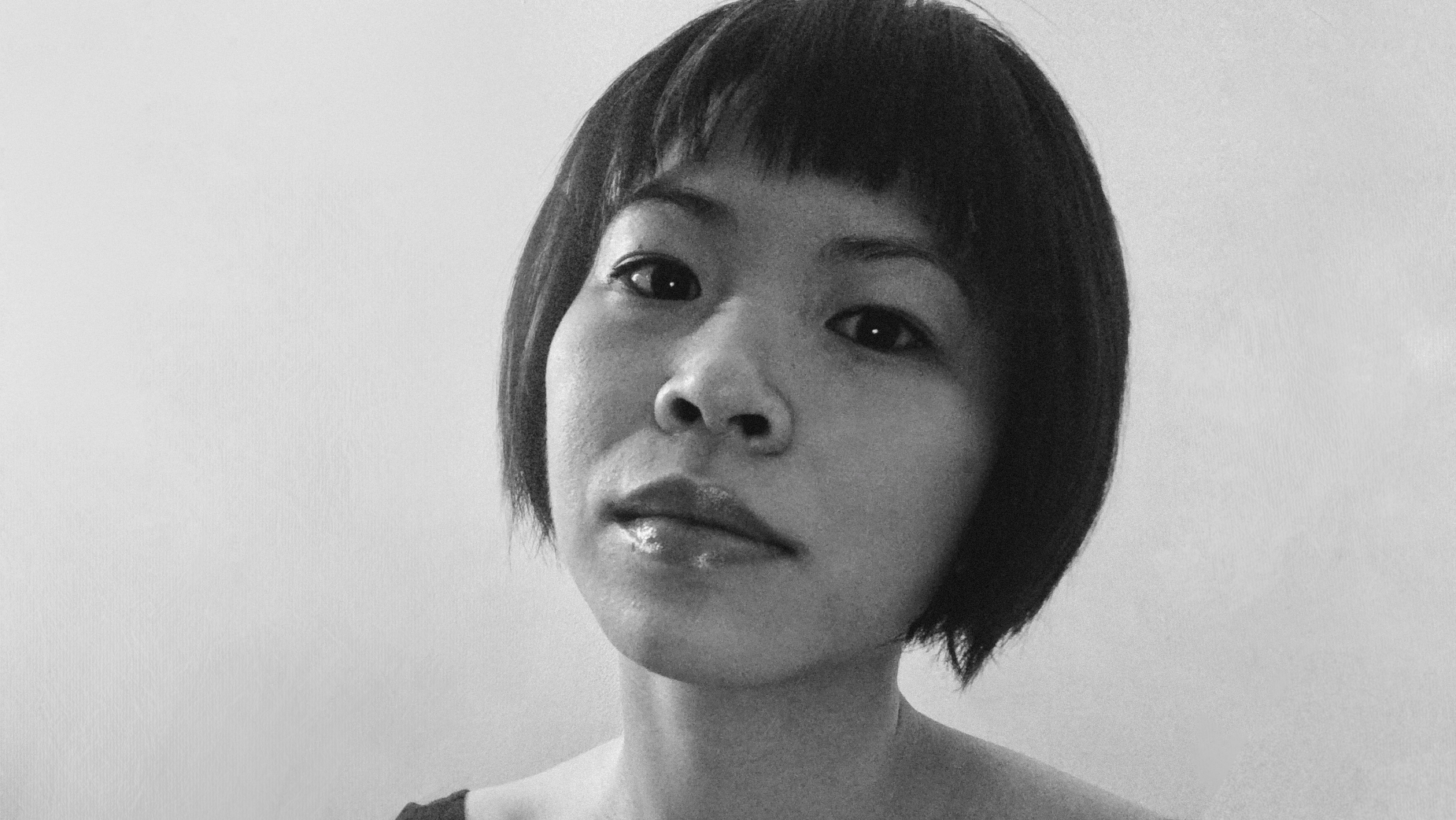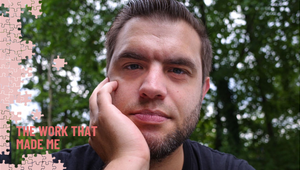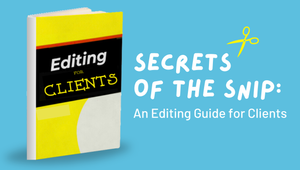
Finely Sliced: How Everything in Life Has a Rhythm with Winnie Cheung

Winnie is a Hong Kong-born, New York-based artist and filmmaker at the intersection of experimental video, non-fiction, horror, and arthouse cinema. Her work delves into the complexities of a third-culture, feminine body, focusing on colonial nostalgia, cultural artifacts, and relics of the folkloric occult within the Chinese diaspora.
In 2019, Winnie’s animated short 'Albatross Soup' premiered at Sundance HK and went on to tour festivals internationally, winning the coveted Vimeo Animation of the Year award. Her first feature film, 'Residency,' which she co-wrote, directed, shot, and co-edited, premiered at the International Film Festival Rotterdam in 2023 and will premiere in Australia at SXSW Sydney.
Winnie is also a highly skilled film editor with a proven ability to shift seamlessly between documentary, narrative, and impressionistic styles. In 2021, she co-edited the critically acclaimed horror documentary 'Woodlands Dark & Days Bewitched,' which won Best Documentary at the Fantasia International Film Festival and an audience award at SXSW. Currently, she is rostered at Lost Planet, a boutique editorial company led by landmark editor Hank Corwin, where she continues to push the boundaries of her craft.
LBB> The first cut is the deepest: how do you like to start an editing project?
Winnie> I got this from Walter Murch, big surprise. It’s to protect your first viewing of dailies at all costs. You’ll never get that chance of feeling surprised, thrown off, or moved to the core like that time. I don’t think about deadlines, strategy, structure, or deliverables at this point. Creating a mindset that allows you to experience each frame fully is essential.
LBB> Non-editors often think of editing just in technical terms but it’s integral to the emotion and mood of a film. How did you develop that side of your craft?
Winnie> To craft emotion and mood, I had to admit to myself that I’m an emotional and moody person. This is often seen as a weakness in the world, but for an editor, it’s a superpower.
LBB> How important is an understanding of story and the mechanics of story?
Winnie> It’s as important as understanding yourself and how you fit into this world. It’s a skill set that goes beyond editing.
LBB> Rhythm and a sense of musicality seem to be intrinsic to good editing (even when it’s a film without actual music) – how do you think about the rhythm side of editing, how do you feel out the beats of a scene or a spot? And do you like to cut to music?
Winnie> Everything in life has a rhythm. It can be an actual song, the cadence of dialogue, repetition in body language, the sun, or the moon. Identifying or allowing that rhythm to come to you during the edit is part of my process.
As for music, I like choosing a track that speaks to me, that makes me excited to cut, then I strip it away and lay other tracks underneath it to see how picture and sound speak to each other without my interference. Interesting polyrhythms will pop up and make you smarter than you appear as an editor.
LBB> Tell us about a recent editing project that involved some interesting creative challenges.
Winnie> During the Victoria’s Secret Fashion Show, which was a feature fashion film that I worked on with 8-10 other editors. The division of labour wasn’t by section, as in I didn’t have creative ownership over any specific part of the film. Instead, scenes were passed back and forth between editors, and we moved through the whole process together depending on our strengths and weaknesses. It’s a messier process and requires much more communication, but I like being in this space because the project isn’t about me. It’s about the story.
LBB> In the US we know that editors are much more heavily involved across the post production process than in Europe - what’s your favourite part of that side of the job?
Winnie> I haven’t worked on many European projects. I want to know what it’s like! I just like working and hanging out with nice and talented people.
LBB> What’s harder to cut around – too much material or not enough? (And why?)
Winnie> Depends on the deadline.
LBB> Which commercial projects are you proudest of and why?
Winnie> I really liked working on the Nike 'Push Fast Forward' project. The creatives at AKQA were very nice and kind. By the time we got picture lock, I realised they had this very strong vision all along and were exercising patience with me as a young editor to get me there. That’s the attitude and environment I always want to foster in the edit room.
LBB> There are so many different platforms for film content now, and even in advertising something can last anything from a few seconds to a couple of hours. As an editor, are you seeing a change in the kind of projects you’re getting from brands and agencies?
Winnie> Yes. I’ve edited a 3.5-hour documentary and a five-second social video on the same day. I’ve questioned the length of both projects, but they both came out great, so what do I know?
LBB> Who are your editing heroes and why? What films or spots epitomise good editing for you?
Winnie> There’s this devastating film Happy Together (directed by Wong Kar Wai and edited by William Chang) where we see a two-minute sequence of two lovers, played by Tony Leung and Leslie Cheung, bored at the dinner table. In a flash, Tony Leung disappears. Leslie Cheung hears a knock at the door. He opens it, relieved to see Tony Leung again. At that moment, I felt Leslie Cheung’s deep fear of abandonment, and this was told without any backstory or words. It’s just really smart and emotional editing.
LBB> How does editing in the commercial world differ from the film world and TV world?
Winnie> Some are in service to brands, some to networks, some to the service of storytelling (my favourite), and some to ego. Identifying what your project is in service to from the start helps ease the process.
LBB> Have you noticed any trends or changes in commercial editing over recent years?
Winnie> Like fashion, trends in commercial editing are cycling faster and faster because of social media transmission. I think having an internal database of trends, whether in your head or bookmarked on your browser, is helpful because we’re being asked to mash multiple trends into one spot more and more.















